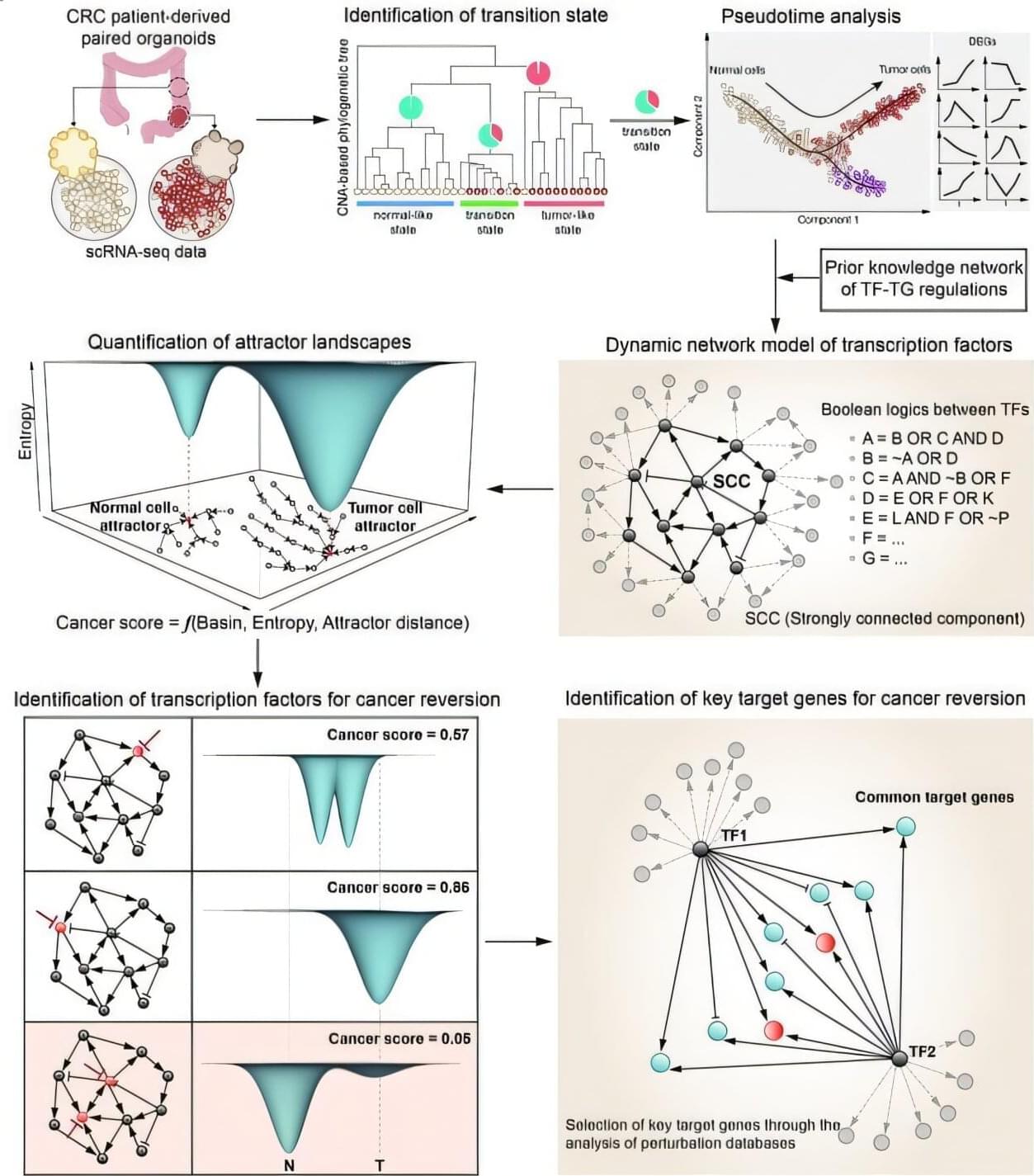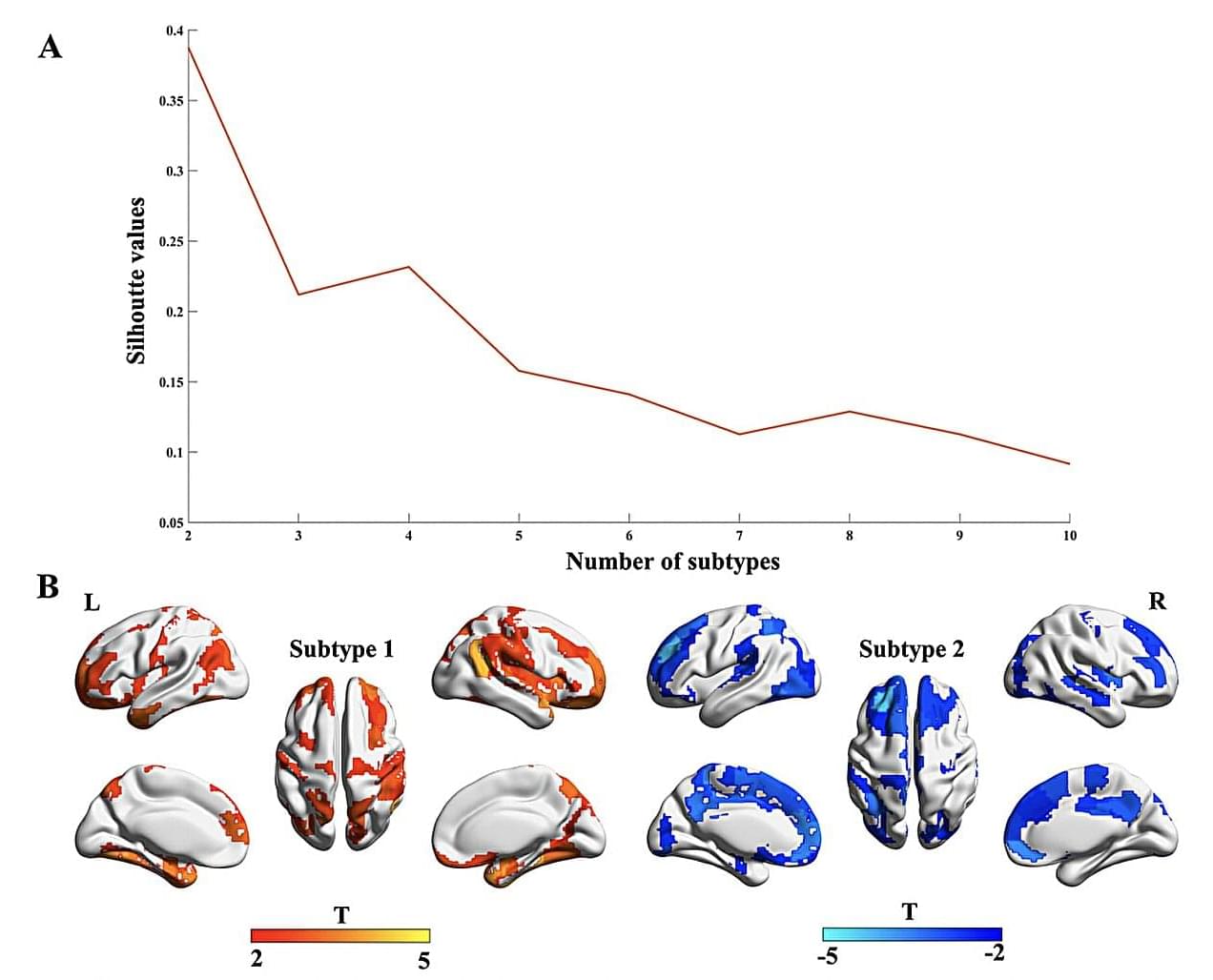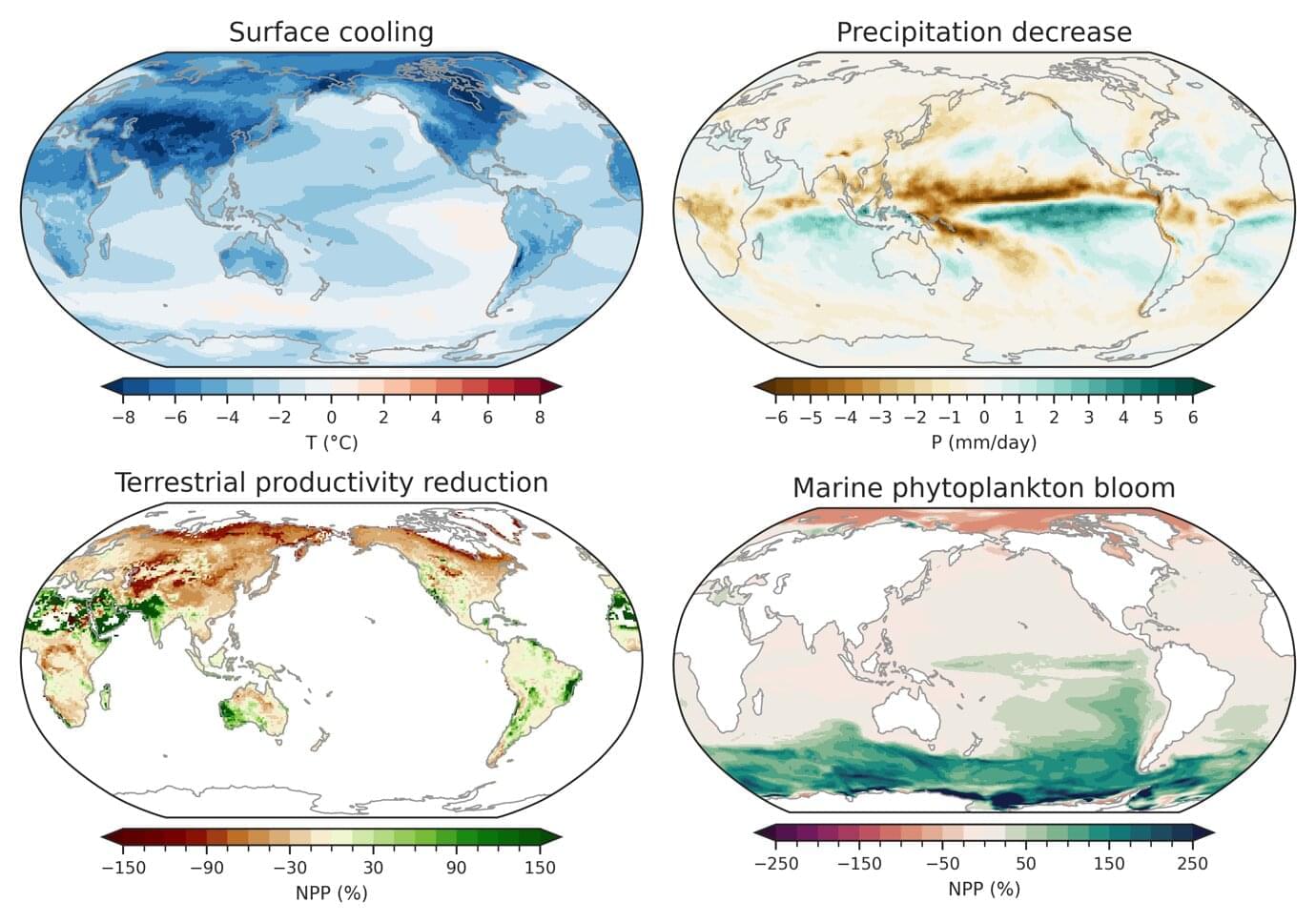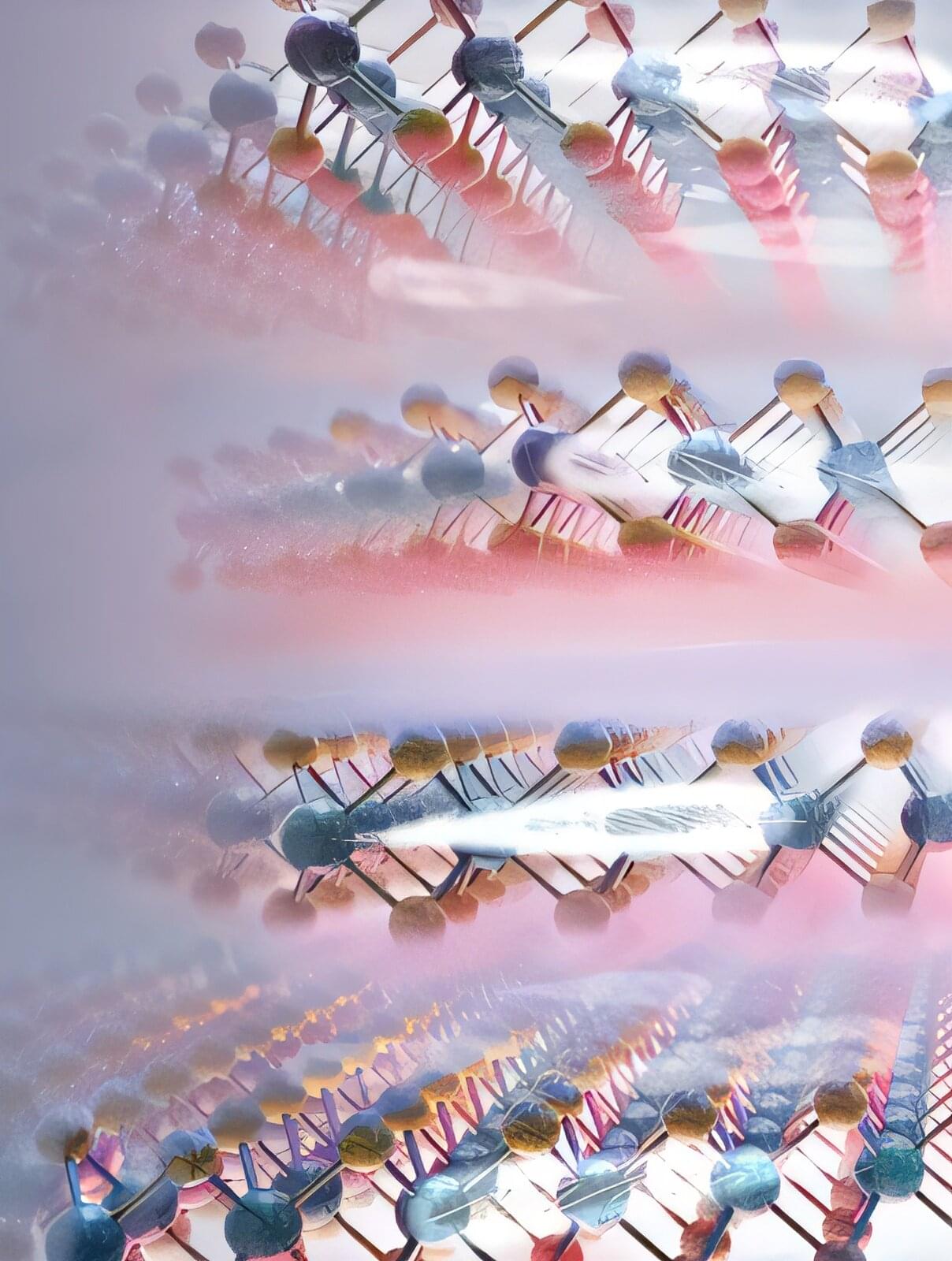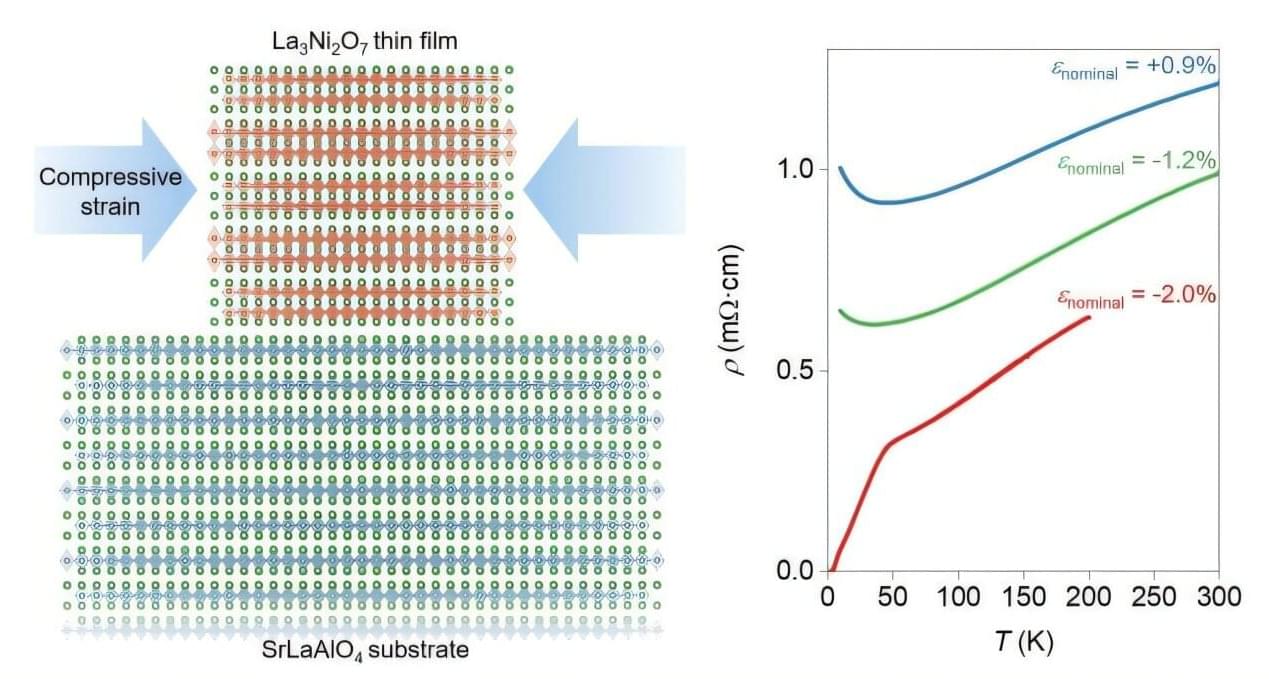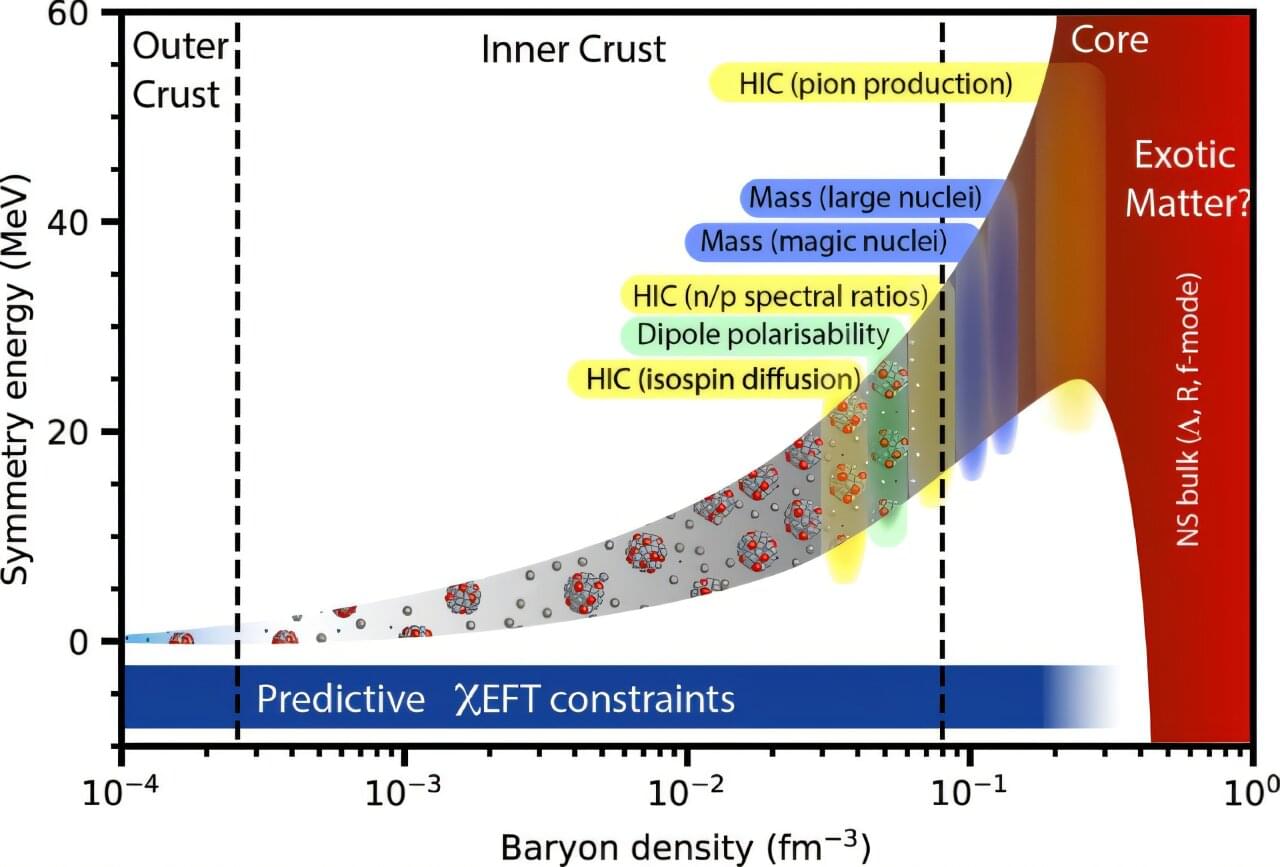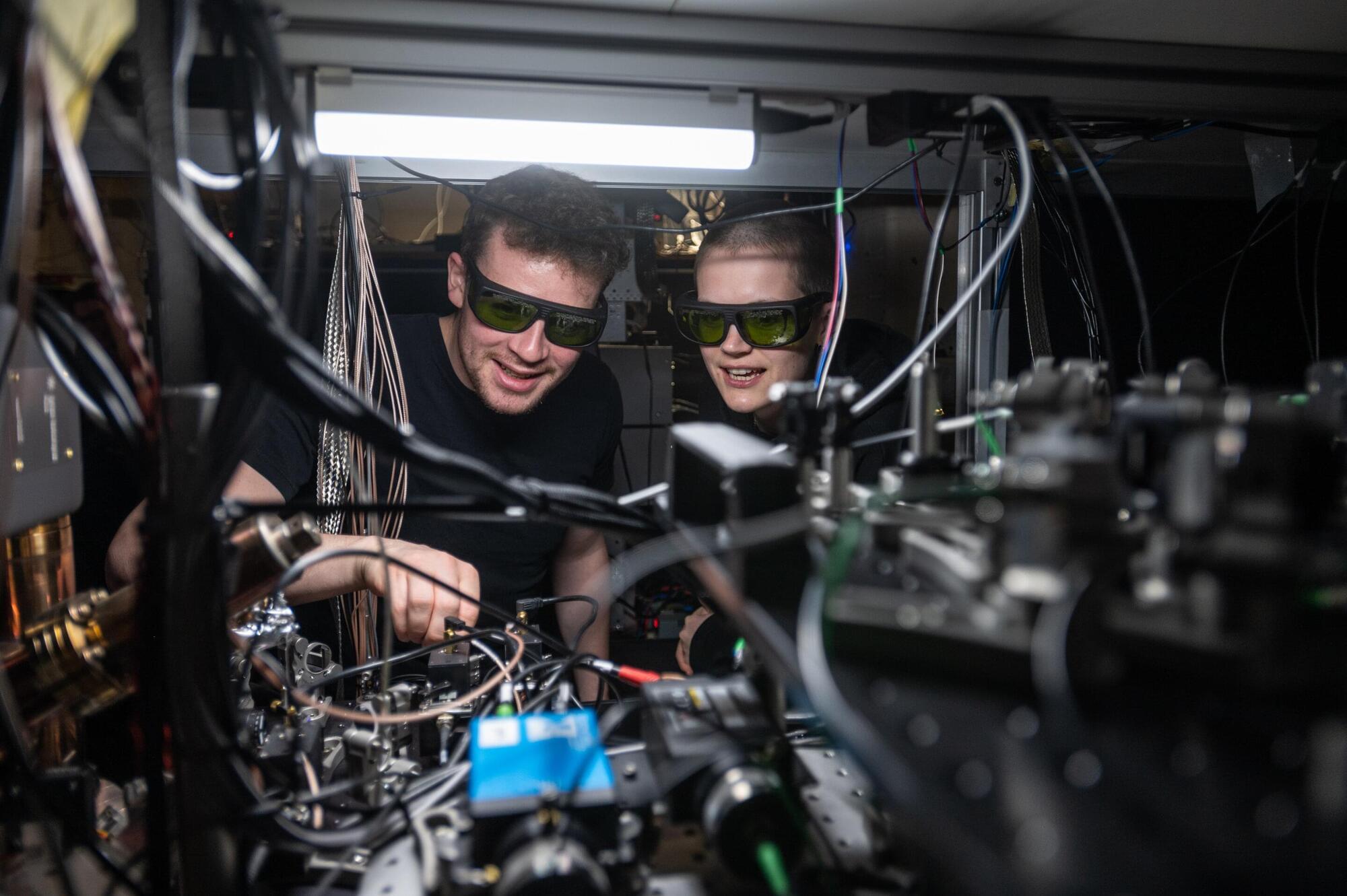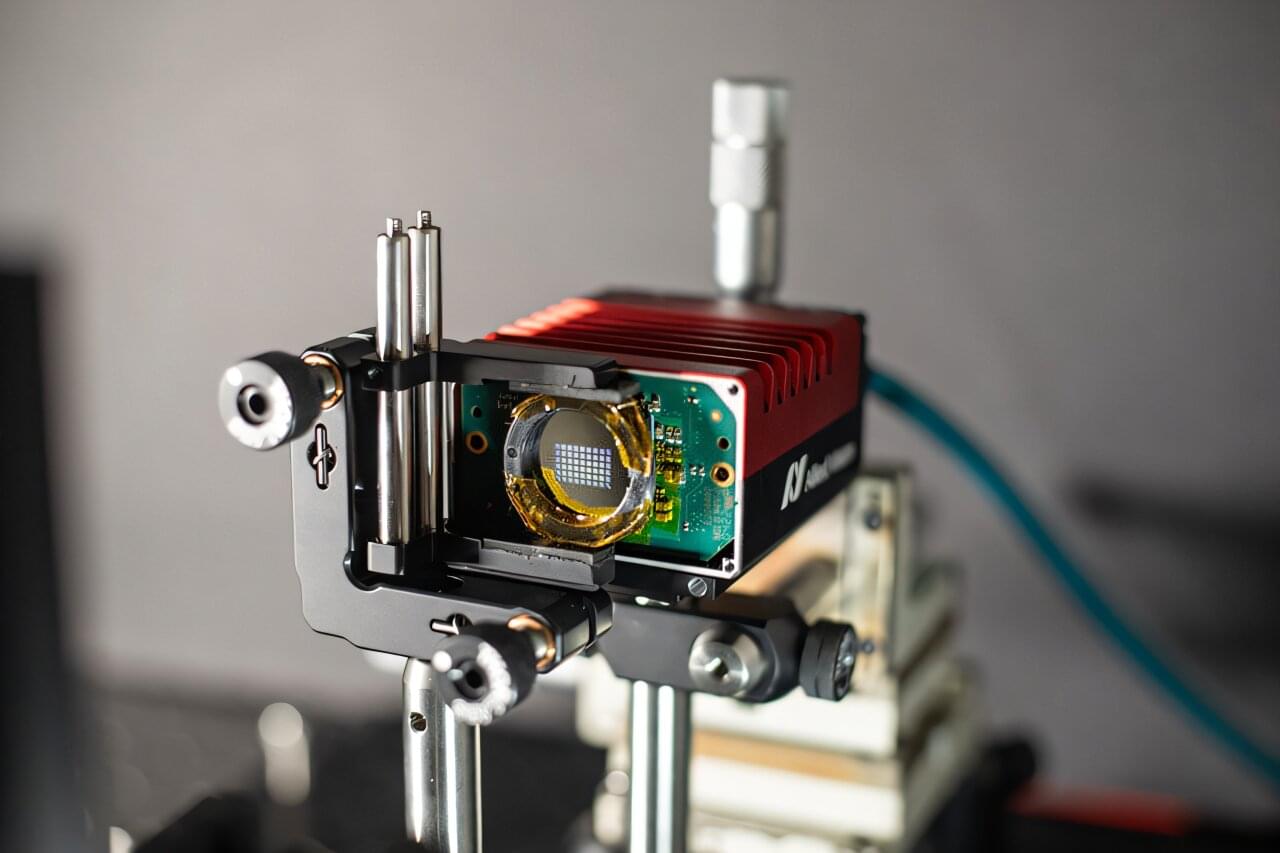Understanding where Earth’s essential elements came from—and why some are missing—has long puzzled scientists. Now, a new study reveals a surprising twist in the story of our planet’s formation.
A new study led by Arizona State University’s Assistant Professor Damanveer Grewal from the School of Molecular Sciences and School of Earth and Space Exploration, in collaboration with researchers from Caltech, Rice University, and MIT, challenges traditional theories about why Earth and Mars are depleted in moderately volatile elements (MVEs).
MVEs like copper and zinc play a crucial role in planetary chemistry, often accompanying life-essential elements such as water, carbon, and nitrogen. Understanding their origin provides vital clues about why Earth became a habitable world. Earth and Mars contain significantly fewer MVEs than primitive meteorites (chondrites), raising fundamental questions about planetary formation.

